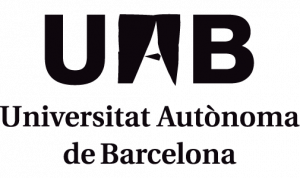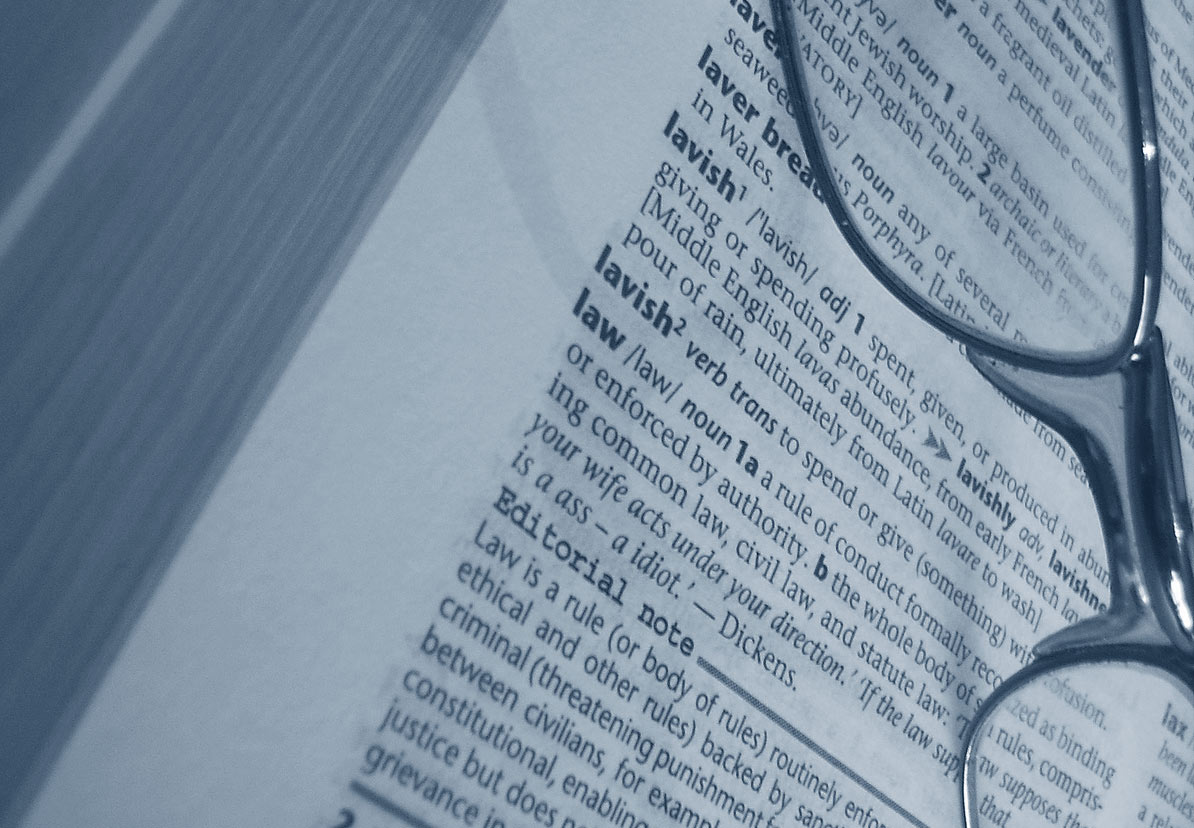
The project Addressing sexual violence against refugee women (ASVARW) runs between January 2017-June 2018. Sexual violence against refugee and asylum-seeker women is a dramatic phenomenon across Europe and the Mediterranean countries. Several international agencies and institutions – like UN, UNHCR, Council of Europe, and European Parliament – have pointed out the urgent need for specific policy measures on the issue, as the risks of sexual violence make women more vulnerable.
PROJECT SUMMARY & PARTNERSHIP
We assume gender violence against women as a specific type of violence that includes physical, psychological and sexual abuses directed to a person, just because of her gender. It is related to the sexist and discriminatory cultures toward women, and – in most cases – it reflects the unequal power and different roles that societies and prevailing cultures entrust to women and men due to their sex at birth.
Sexual violence against refugees and asylum-seeker women has different forms, from sexual abuse to forced prostitution and sexual exploitation, human trafficking and violence within close relationships, as couples. It arises because of several factors, such as sexual exchanges to obtain transfers; unsafe traveling conditions; uncertain conditions at the entrance ports in foreign countries; poor living conditions and forced sex or rape in transit and reception centres; uncertain legal status in the host countries; criminal organisations managing illegal transfers, trafficking and prostitution.
Gender violence against refugee and asylum-seeker women often goes unnoticed, unspoken, unaddressed or untreated. On the one hand, victims tend to not disclose violence, due to the uncertainty of their conditions, the fear of retaliation or other reasons. On the other hand, public officials, humanitarian agents and social workers and other professionals who come into contact with or support women after they arrive in the UK are often not specifically trained to deal with sexual gender based violence, and can lack the instruments for violence prevention, recognition and protection.
- Istituto Carlo Cattaneo, Bologna, Italy
- MondoDonna, Bologna, Italy.
- Centre for Gender and Violence Research, School of Policy Studies, Bristol, UK
- Grup de recerca Antígona, Universidade Autonoma de Barcelona, Spain
- Symbiosis, Thessaloniki, Greece
FINAL CONFERENCE IN BOLOGNA (ITALY)
3-4 May 2018
6 COMMUNITY MEETINGS
The networking actions target those professionals and service providers who are not directly dilling with RAS women but are actively involved at institutional and community level in the field of contrasting violence against women and migrants inflows.
1ST AND 2ND EDITION OF THE TRAINING AND CAPACITY BUILDING
Training modules for key professionals who are the first contact for the victims of violence. Each treaning program consists of modules on specific topics for different groups: social workers, psycologists and legal counselors at receptions and assistance centers, medical staff, police staff.
Adverstisement leaflet 1st Edition
Advertisement_leaflet_2nd Edition
MEETING IN BARCELONA / MEETING IN THESSALONIKI (GREECE) / MEETING IN BRISTOL (UK)
First Steering Committee meeting in Barcelona (24 February 2017)
Second Steering Committee meeting in Thessaloniki (29-30 June 2017)
Third Steering Committee meeting in Bristol (14-15 December 2017)



